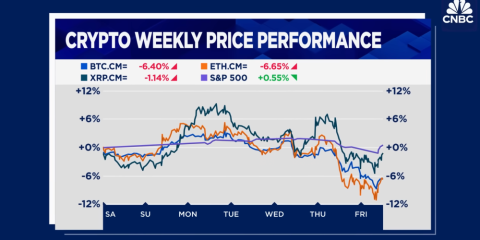New Hampshire Breaks Ground with Bitcoin-Backed Bonds
 Jonathan
Jonathan

New Hampshire has become the first U.S. state to integrate bitcoin into its public finance system, approving a $100 million municipal bond backed by digital assets. The move, spearheaded by the state's Division of Commercial Finance, marks a significant step toward merging cryptocurrency with public funding-offering a replicable model for global fiscal innovation.
How the Bond Stays Secure
The bond, managed by custody leader BitGo, employs a 160% overcollateralization structure to mitigate volatility risks. If bitcoin's value dips below 130% of the collateral, automatic liquidation safeguards investor principal. This design solves a core challenge in crypto financing: unlocking capital without selling assets or triggering tax events, opening a streamlined path for governments to leverage digital assets.
Funds will prioritize infrastructure and public services. A parallel "Bitcoin Economy Development Fund" will reinvest yields from collateral and fees to support local crypto startups, cementing New Hampshire's position as a regional hub. The initiative aligns with the state's earlier "Strategic Bitcoin Reserve Act," which permits up to 5% of treasury assets in digital assets-creating a policy-market ecosystem for crypto adoption.
Industry analysts note the model's scalability. By preserving bitcoin's value while managing risk through overcollateralization, other states could rapidly replicate the structure. This could accelerate crypto's integration into municipal bond markets nationwide.
What's Next?
Market outlooks highlight three phases: - *Short-term:* A wave of state-level crypto financing, with at least 10 states likely launching similar bonds within 1-2 years. - *Regulatory:* The SEC or Treasury may issue targeted guidance for crypto-backed municipal bonds, clarifying compliance. - *Long-term:* Sovereign nations-especially emerging markets or high-inflation economies-could adopt bitcoin-backed sovereign debt within 3-5 years, reshaping global public finance.
As the first crypto asset accepted as public finance collateral, bitcoin's "digital gold" status gains official validation, likely boosting institutional demand. BitGo, cementing its government custody leadership, will also attract traditional financial firms into crypto custody, accelerating industry consolidation.
A Division of Commercial Finance spokesperson emphasized: "This isn't just innovative-it's a natural evolution of public finance in the digital age. We'll keep refining the framework to ensure safe, compliant use of digital assets across state operations."



